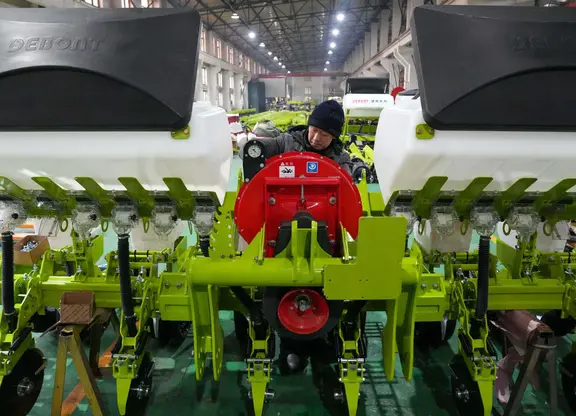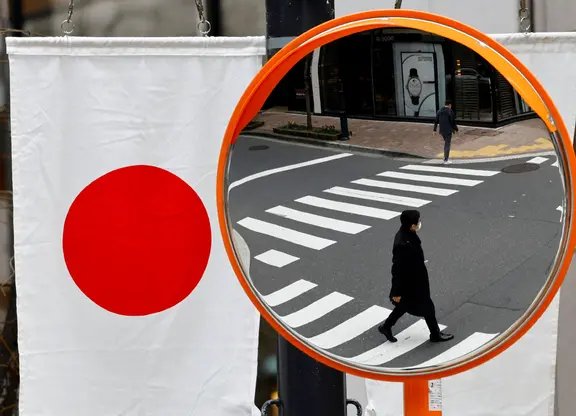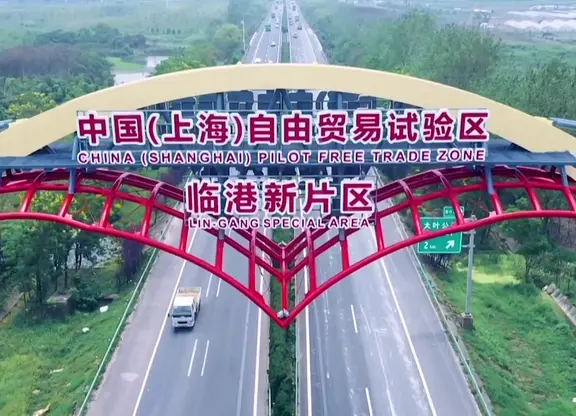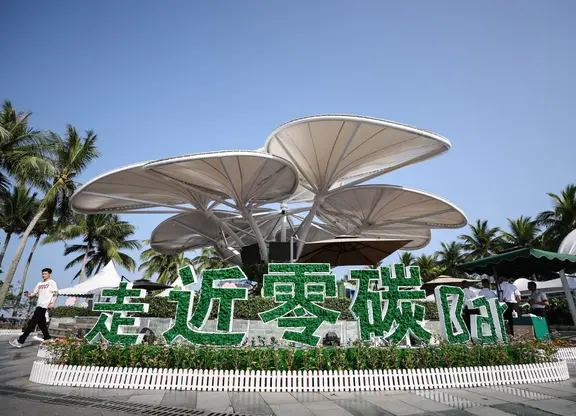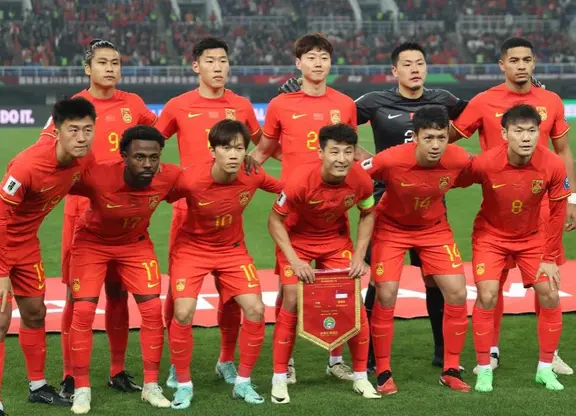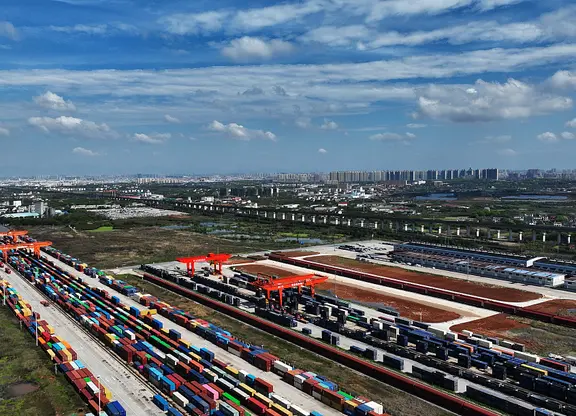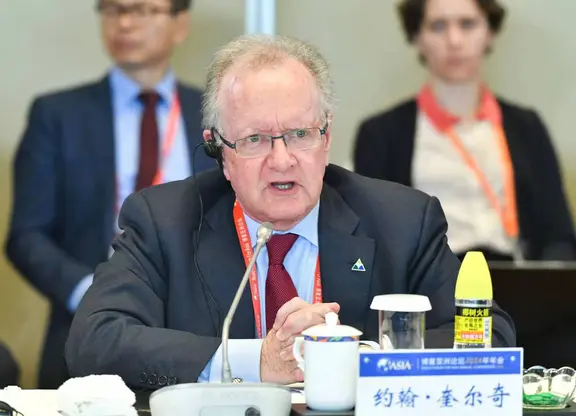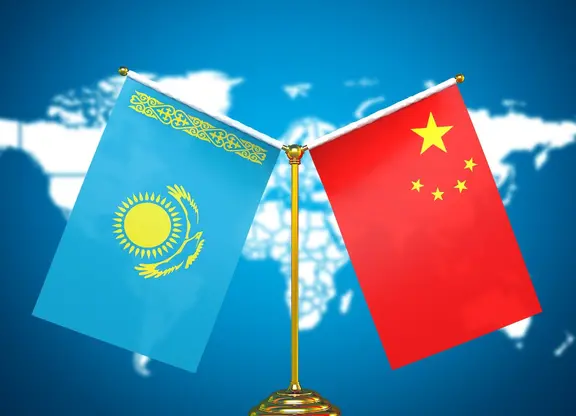Blockchain may be a buzzword for the finance and tech sectors, but its reach can go even further – Chinese companies are trying to use the cutting-edge technology to rebuild consumer trust in the domestic food sector.
If you’re willing to pay a higher price for a free-range chicken, how can you be sure you’re getting what you paid for instead of a battery hen?
Previously, it used to be difficult for consumers – situated on the last step of the food supply chain – to have any certainty about the quality of what they purchased. However, with the reliable and unalterable data ledger that blockchain technology provides, consumers can take back control.
Poultry with blockchain pedometers
ZhongAn Technology, a tech incubator operating under Chinese online insurance company ZhongAn Insurance (partially owned by Alibaba, Tencent and insurance giant Ping An), together with Shanghai Opentrust, has launched a pilot project applying blockchain in the agricultural industry.
The innovative scheme aims to rule the roost by tracking free-range chickens with wearable blockchain tags under the brand Gogo Chicken.
Each chicken wears a traceable anklet that records and uploads data related to almost every aspect of its life to the blockchain. That information includes the age, health condition and distance walked by each individual chicken.
Data collected from the wearables are regularly updated to ZhongAn’s blockchain network, and farm staff can check that information anytime and anywhere via their smartphones.
Compared with previous anti-counterfeiting and traceability methods, data recorded on the blockchain cannot be altered, leaving no chance for fake information.
To strengthen the credibility of the brand, all information collected from the anklet will be automatically erased if the anklet is removed, Wang Wei, COO of Opentrust told CGTN, noting the wearable will remain in place until customers cut it off before cooking.
E-commerce giant JD.com is also looking to blockchain to boost consumer trust in its product supply chains.
Last December, Walmart, JD, IBM and Tsinghua University jointly launched “Blockchain Food Safety Alliance” in Beijing, with the aim of researching blockchain-enabled traceability solutions in the food industry.
JD announced last month that it will launch a blockchain platform to track beef imported from Australia, which will be available to consumers in the spring.
The fight for food safety in China
A series of food scandals in recent years that shocked the public have made safety a paramount concern for Chinese consumers.
One of the biggest scandals happened in 2014 when Shanghai Husi Food, a major supplier for chains in China including McDonald’s, KFC and Pizza Hut, was found processing dirty and expired meat into fast food that was eventually being served to customers.
The scandal destroyed consumer trust in the food supply chain. No matter the size or reputation of the brand, consumers had no idea what was being served up on their tables, let alone how it got there.
Other scandals have sparked greater urgency within the agricultural sector to seek innovative methods to rebuild public trust.
ZhongAn said that its Gogo Chicken project started last June, with the first batch of more than 10,000 free-range chickens all sold, despite being marketed at prices at least two or three times higher than regular poultry products.
To enhance food safety and improve the incomes of farmers, China’s government has been encouraging innovation in the field.
“China will keep strict regulations on food safety with zero tolerance,” Zhang Taolin, Vice Minister of Agriculture said on Saturday, in a media interview given ahead of the Chinese People’s Political Consultative Conference.
The “No.1 document” – China’s first policy statement of the year – underlined agricultural innovation as a priority, while also mentioning the need for supervision over the quality of agricultural produce.
Building on the initial success of GogoChicken, ZhongAn’s free-range chicken projects have signed cooperation agreements with about 400 farms around the country, especially in less developed countryside as part of the national ongoing poverty alleviation effort.
(CGTN)
 简体中文
简体中文


